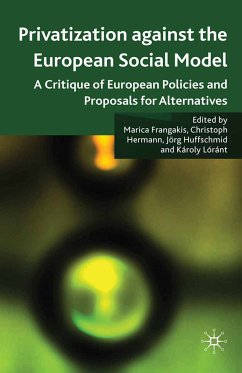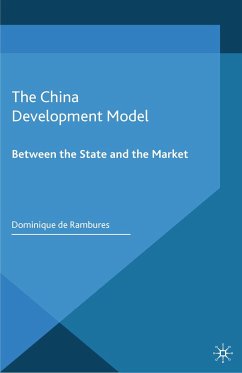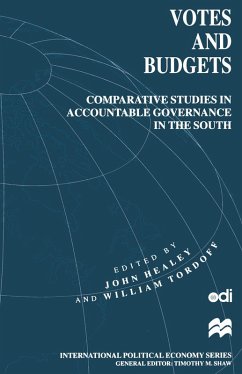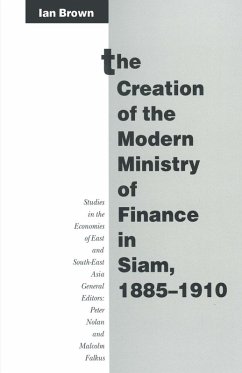
Privatisation against the European Social Model (eBook, PDF)
A Critique of European Policies and Proposals for Alternatives
Redaktion: Huffschmid, J.
Versandkostenfrei!
Sofort per Download lieferbar
72,95 €
inkl. MwSt.
Weitere Ausgaben:

PAYBACK Punkte
36 °P sammeln!
This book addresses the EU as powerful driver of the wave of privatizations in the network industries and public services since the early 1990s. Based on theoretical arguments and empirical studies it examines the impact of these policies on what is regarded as the normative pillars of the European Social Model.
Dieser Download kann aus rechtlichen Gründen nur mit Rechnungsadresse in A, B, BG, CY, CZ, D, DK, EW, E, FIN, F, GR, HR, H, IRL, I, LT, L, LR, M, NL, PL, P, R, S, SLO, SK ausgeliefert werden.












